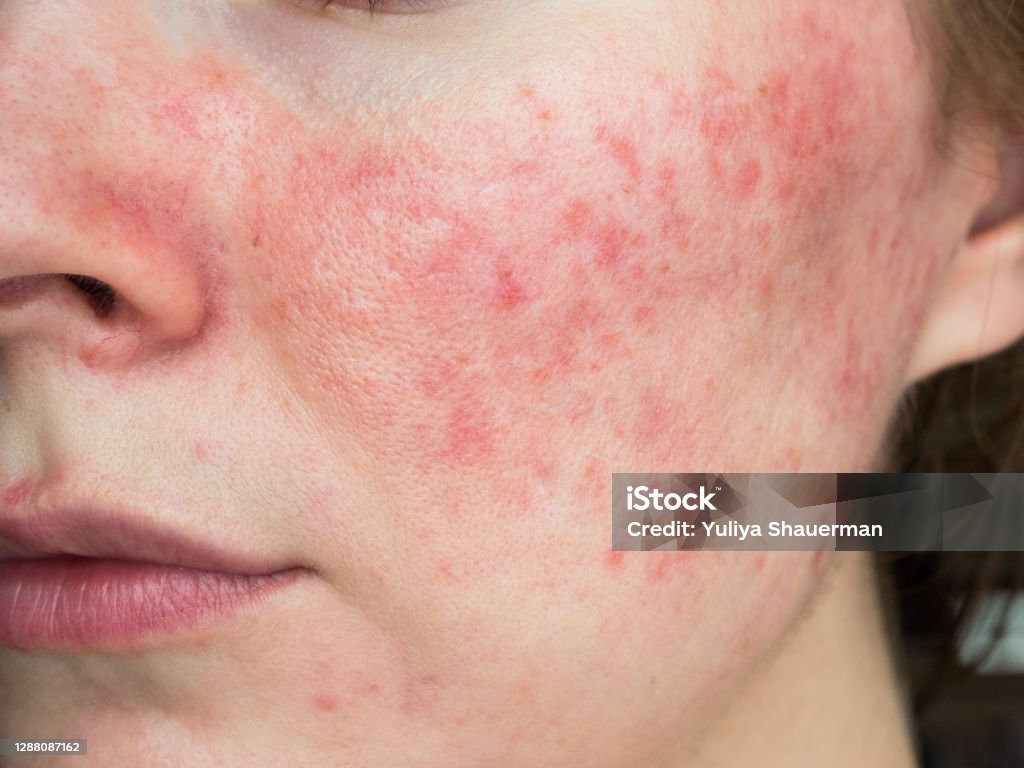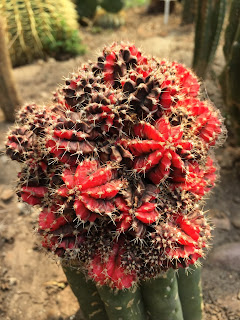
Rosacea is a chronic skin condition that affects millions of people worldwide, causing redness, visible blood vessels, bumps, and sometimes, eye irritation. While there is no known cure for rosacea, various treatments and management strategies are rosacea’s most effective treatments and can control symptoms and improve quality of life. In this blog post, we’ll explore some of the most effective treatments and lifestyle adjustments for managing rosacea.
Rosacea typically manifests as redness on the face, particularly in the central areas like the cheeks, nose, forehead, and chin. Other symptoms may include visible blood vessels (telangiectasia), bumps or pimples (papules and pustules), and in some cases, eye irritation (ocular rosacea).
Medication Treatment Options
1. **Topical Treatments**: Topical medications are often the first line of defense against mild to moderate rosacea symptoms. These medications include creams, gels, or lotions applied directly to the skin. Common topical treatments for rosacea include metronidazole, azelaic acid, and sodium sulfacetamide-sulfur.
2. **Oral Medications**: In more severe cases, oral medications may be prescribed by a dermatologist. Antibiotics such as doxycycline, minocycline, and tetracycline can help reduce inflammation and control bacterial growth associated with rosacea. Isotretinoin, a powerful medication often used for severe acne, may also be prescribed in certain cases of refractory rosacea.
3.**Topical Brimonidine Gel**: Brimonidine gel is a newer topical medication approved for the treatment of persistent facial redness associated with rosacea. It works by constricting blood vessels in the skin, thereby reducing redness. However, it’s essential to use this medication cautiously as some individuals may experience rebound redness with prolonged use.
cosmetic procedure treatment options
4.**Laser Therapy**: Laser and light-based therapies can effectively target visible blood vessels (telangiectasia) and reduce redness associated with rosacea. These treatments work by selectively destroying blood vessels while leaving surrounding skin unaffected. Intense pulsed light (IPL) therapy and pulsed dye lasers (PDL) are commonly used for this purpose. The BBL treatment at Hada Cosmetic Medicine is the most advanced IPL therapy there is today.
5.**Pelleve Individualized Blood Vessel Treatment.** Pelleve represents a novel approach to addressing rosacea, particularly for individuals who haven’t found success with IPL.Pelleve utilizes radiofrequency (RF) technology to precisely target and treat problematic blood vessels without affecting surrounding tissue. This targeted approach allows for more efficient and effective treatment, minimizing discomfort and downtime while maximizing results. By delivering controlled heat energy to the targeted blood vessels, Pelleve encourages the body’s natural healing response, ultimately reducing redness and improving overall skin tone and texture.
6. **Skincare and Sun Protection**: Gentle skincare practices can help manage rosacea symptoms. This includes using mild, non-irritating cleansers and moisturizers, avoiding harsh scrubs and abrasive products, and opting for fragrance-free skincare formulations. Additionally, daily sun protection is crucial for individuals with rosacea, as sun exposure can exacerbate symptoms. Using a broad-spectrum sunscreen with an SPF of 30 or higher and wearing protective clothing and hats can help prevent flare-ups.
Lifestyle Adjustments
In addition to medical treatments, certain lifestyle adjustments are rosacea’s most effective treatments and help individuals better manage rosacea:
1. **Identify and Avoid Triggers**: Common triggers for rosacea flare-ups include spicy foods, hot beverages, alcohol, extremes in temperature, and stress. Keeping a journal to identify personal triggers and avoiding or minimizing exposure to them can help reduce the frequency and severity of flare-ups. This will make rosecea’s most effective treatments work better.
2. **Gentle Skincare Routine**: Stick to a gentle skincare routine and avoid products containing harsh ingredients or fragrances that may irritate the skin. Opt for products labeled as suitable for sensitive skin.
3. **Manage Stress**: Stress is a known trigger for rosacea flare-ups. Practicing stress management techniques such as mindfulness, meditation, deep breathing exercises, and yoga can help reduce stress levels and improve overall well-being.
4. **Dietary Modifications**: While there’s limited scientific evidence linking diet directly to rosacea, some individuals may find that certain foods exacerbate their symptoms. Experimenting with dietary modifications, such as reducing consumption of spicy foods, alcohol, and hot beverages, may help in managing symptoms for some individuals.
In Conclusion
Rosacea is a chronic skin condition that can significantly impact an individual’s quality of life. While there’s currently no cure for rosacea, various treatment options and lifestyle adjustments can help individuals manage its symptoms effectively. It’s essential for individuals with rosacea to work closely with a dermatologist to develop a personalized treatment plan tailored to their specific needs and preferences. By incorporating a combination of medical treatments, skincare practices, and lifestyle adjustments, individuals with rosacea can achieve better symptom control and enjoy healthier, clearer skin.

